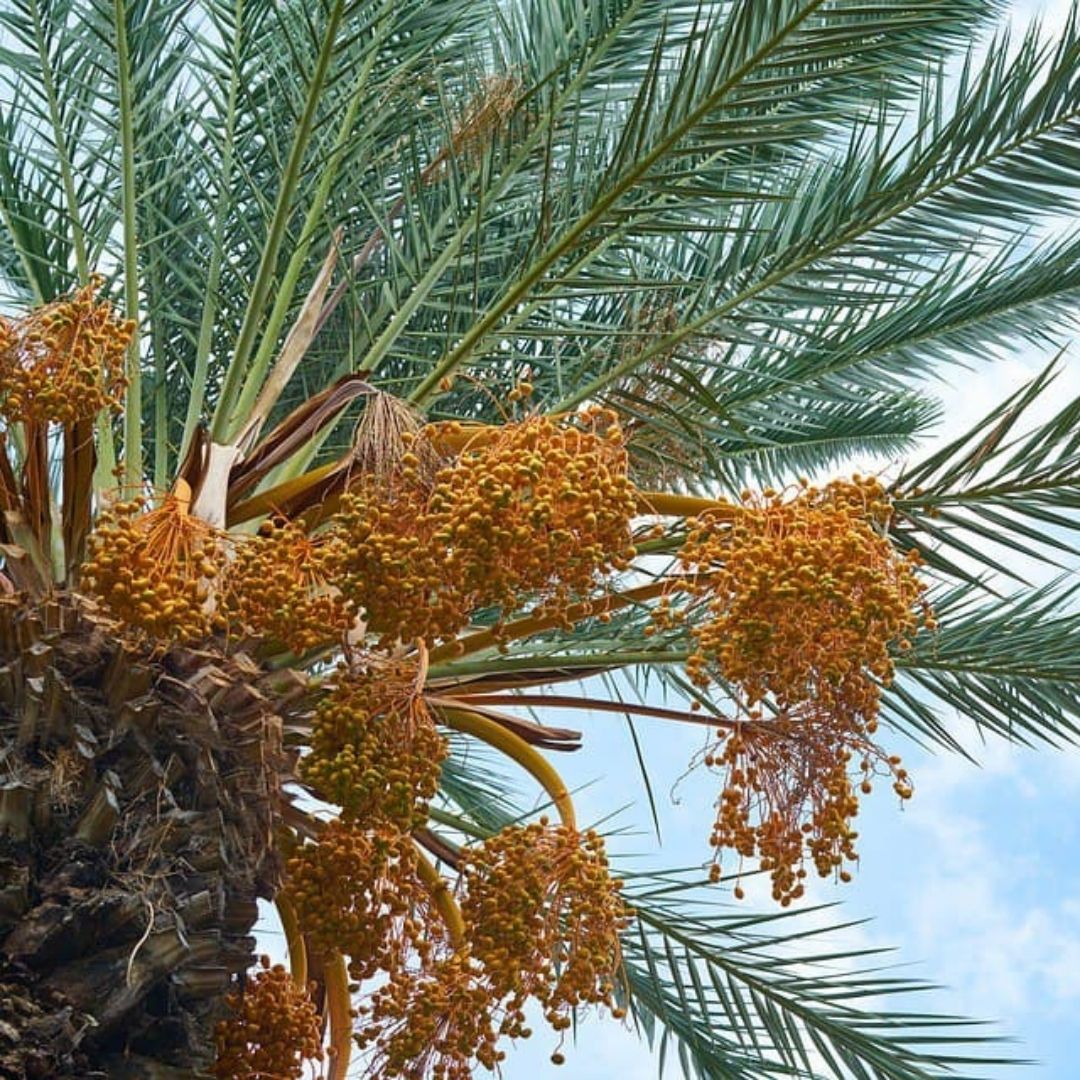
Image Credit: Pixabay
India
A Recipe For Disaster? Experts Raise Concerns Over Oil Palm Plan For Northeast, Andamans
 |
|On August 18, the Union Cabinet approved the ₹11,040 crore National Mission on Edible Oils-Oil Palm (NMEO-OP) to boost palm oil production in India. The special emphasis of the scheme will be on India's north-eastern states and the Andaman and Nicobar Islands due to the "conducive weather conditions in the regions".
On August 18, the Union Cabinet approved the ₹11,040 crore National Mission on Edible Oils-Oil Palm (NMEO-OP) to boost palm oil production in India. India is the world's largest edible oil importer depending on countries like Malaysia and Indonesia.
Under the scheme, the area under oil palm cultivation will be raised to 10 lakh hectares by 2025-26 and 16.7 lakh hectares by 2029-30. The special emphasis of the scheme will be on India's north-eastern states and the Andaman and Nicobar Islands due to the "conducive weather conditions in the regions".
However, environmental experts and politicians have voiced their opposition against the Centre's proposed move to promote their cultivation in India's northeastern states and in the Andaman and Nicobar Islands. They have said that it could be a disaster.
Why Are Environmentalists Concerned?
Among other things, palm oil has been linked to deforestation. It is a water-guzzling, monoculture crop with a long gestation period unsuitable for small farmers. The government though said that land productivity for palm oil is higher than for oilseeds. Agriculture Minister Narendra Singh Tomar said that the land identified for oil palm plantations in northeastern states has already been cleared for cultivation. In southeast Asia, the plantation of palm oil trees has replaced massive tracts of rainforests.
In Indonesia and Malaysia, the two largest producers of palm oil, many endangered wild animals are losing their homes to make room for oil palms such as elephants, tigers, proboscis monkeys and Sumatran rhinos.
In a letter to Prime Minister Narendra Modi last week, Meghalaya MP Agatha Sangma warned that the focus areas were "biodiversity hotspots and ecologically fragile". She added that oil palm plantations would destroy forest cover and the habitat of endangered wildlife.
Bibhab Talukdar, a biologist who heads a Guwahati-based conservation organisation, pointed out that the palm is an invasive species. "It's not a natural forest product of northeastern India and its impact on our biodiversity as well as on soil conditions has to be analysed even if it is grown in non-forest areas. Any kind of monoculture plantation is not desirable," he said.
Palm Oil Production In Andaman And Nicobar Islands
The Centre had justified that in 2018, the Indian Institute of Oil Palm Research had already prepared a report on whether Andaman and Nicobar Islands were feasible for palm oil productions. "Existing grass in the islands is not of any use and is being burnt every year to avoid snakebites," said the IIOPR's feasibility report. It added that the soil and climatic conditions were suitable for oil palm plantation.
Ecologists, however, dispute this. The report was more about agricultural suitability. It is not an ecological study, said Manjula Jaitley, an independent ecologist.
In May 2002, the Supreme Court had ordered the passing out of "commercial plantations on forest land". The apex court said, There should be no expansion of monoculture or commercial plantations on Forest Land. The existing plantations of oil palm, rubber and teak are reportedly no longer viable and should be phased out."
Most of the oil palm plantations in the islands, including in Little Andaman, are nearing the end of their natural productive shelf life of about 35 years. They now need to be grown anew.
Clearance To Project Despite Raising Red Flags
However, the government said it is already proceeding on the basis of cautious scientific analysis. Last week, a report by The Indian Express stated that the Union Cabinet's clearance for the project, however, came in the face of objections raised by India's top forestry research institute against introducing oil palm in biodiversity-rich areas.
Despite having environmental impacts, palm oil continues to be popular in the developing world. Around 3 billion people across developing countries, including India, sub-Saharan Africa and Southeast Asia, consume palm oil as it is relatively cheap and has a neutral taste/odour profile.
Also Read: From A Shy Kid To India's First Openly Gay Actor, Benjamin Daimary's Story Is One-Of-Its-Kind